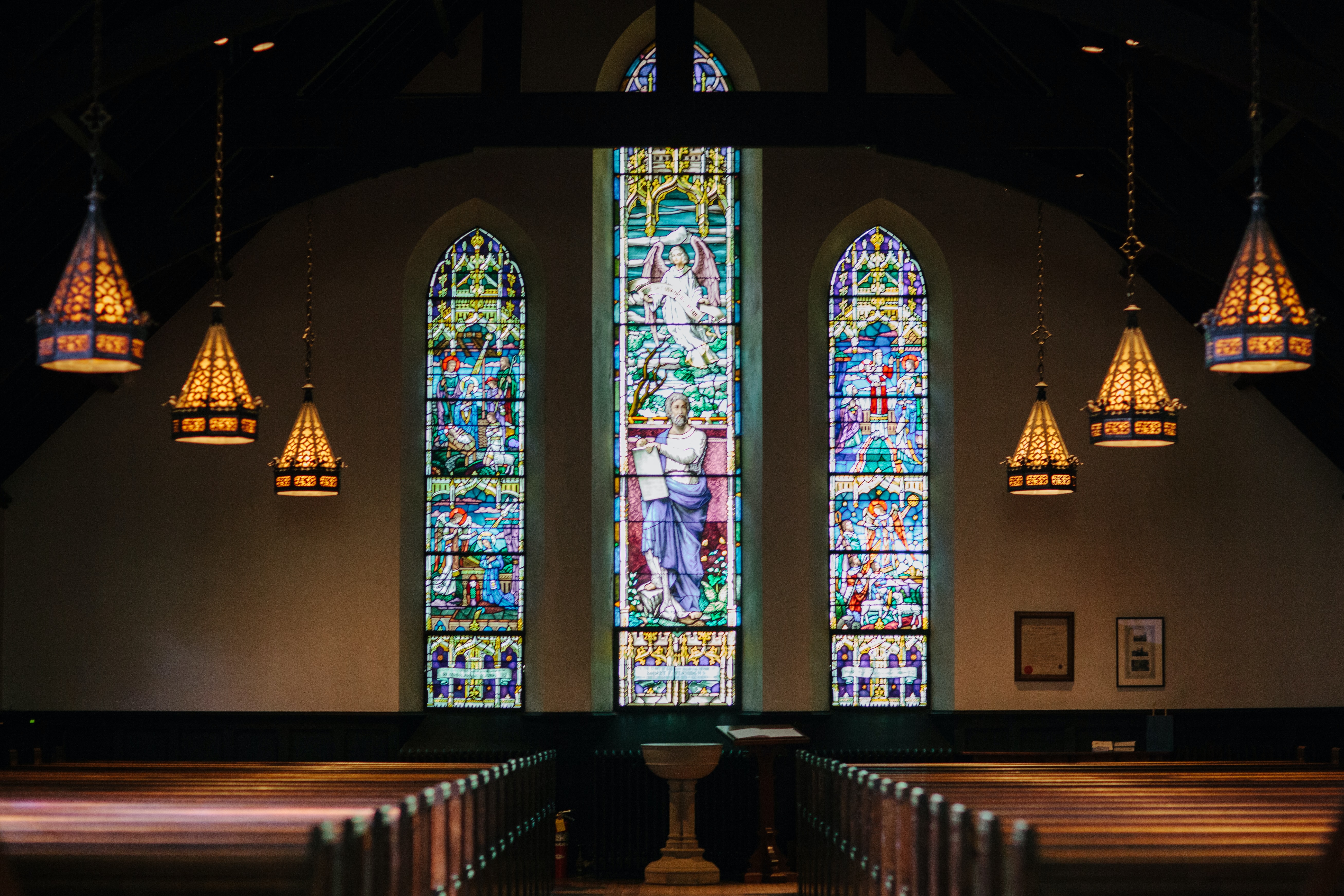
Church history is necessary in the life of a Christian.
I should first clarify that I have a very heavy bias when it comes to the study of church history; I am a history and Christian studies double major, so the history of Christianity represents the intersection of my two academic passions. Despite my bias, I think my argument is still valid.
I would also like readers to notice that I said “in the life of a Christian.” I am not claiming that a knowledge of church history (or biblical studies, theology or another related discipline) is necessary for salvation. My goal is not to make a soteriological claim.
Rather, I want to make a point about the place that the study of church history should have in the life of a Christian (where “in the life of a Christian” is used to mean while a Christian is still alive).
Many Christians today, especially those of us of the evangelical Protestant variety, tend to neglect church history. Yet church history is essential in the life of a Christian.
Studying the church of the past helps us to read the Bible better, avoid our own socio-cultural biases and ultimately understand God better.
We are not the first Christians to read the Bible; there have been many other Christians who have pored over the same texts in the span of the last 16 centuries or so since the New Testament canon was finalized in the fourth century. Studying how others have interpreted the Bible throughout history helps us understand different perspectives on the text.
Furthermore, studying how other Christians have read the Bible aids us in evaluating if our own interpretations are orthodox (if no other Christian in history has understood the Bible in the same way you have, you might want to go back and re-read that verse).
Studying church history also helps us avoid our own socio-cultural biases. Each of us reads the Bible differently, based on our culture and background, and it is very easy to sit and be content with our twenty-first century, American perspective without any thought towards how others might understand the Bible.
Instead of being lazy readers, we should strive to interact with other historic views on Scripture and theology, so that we can avoid our cultural blind spots and do our due diligence when trying to interpret and understand the Word of God.
Academic knowledge is not a prerequisite for salvation, nor does knowing facts about history mean that one is a “better” Christian or that you are saved.
Yet it would be a disservice to the Christians who came before us, and our brothers and sisters in Christ around the world who do not have access to the resources that we do here in the U.S., to neglect the study of church history.
I had a professor who once said that the study of church history is the study of God’s work throughout history. As Christians, shouldn’t we be interested in seeing how God has worked in the lives of others, rather than just our own?
It is necessary for Christians to study church history so that we can read the Bible better, see new perspectives on Scripture and appreciate how God has worked throughout history.
I believe, and many other saints who came before me would agree, that it is our duty as Christians to learn about the believers who came before us, so that we can better understand how God works in history.


